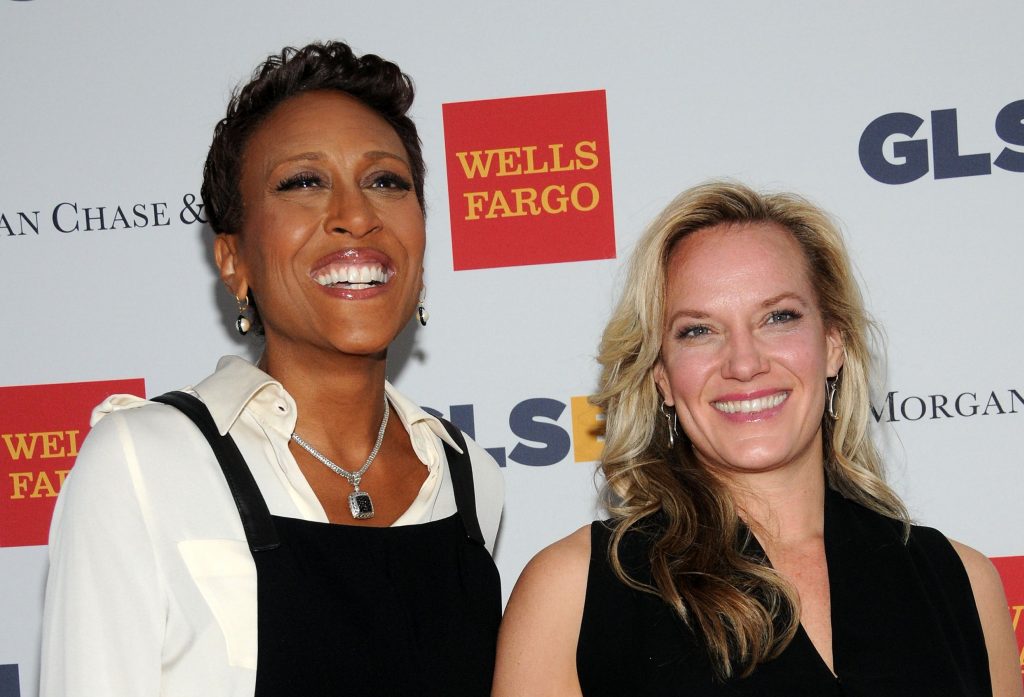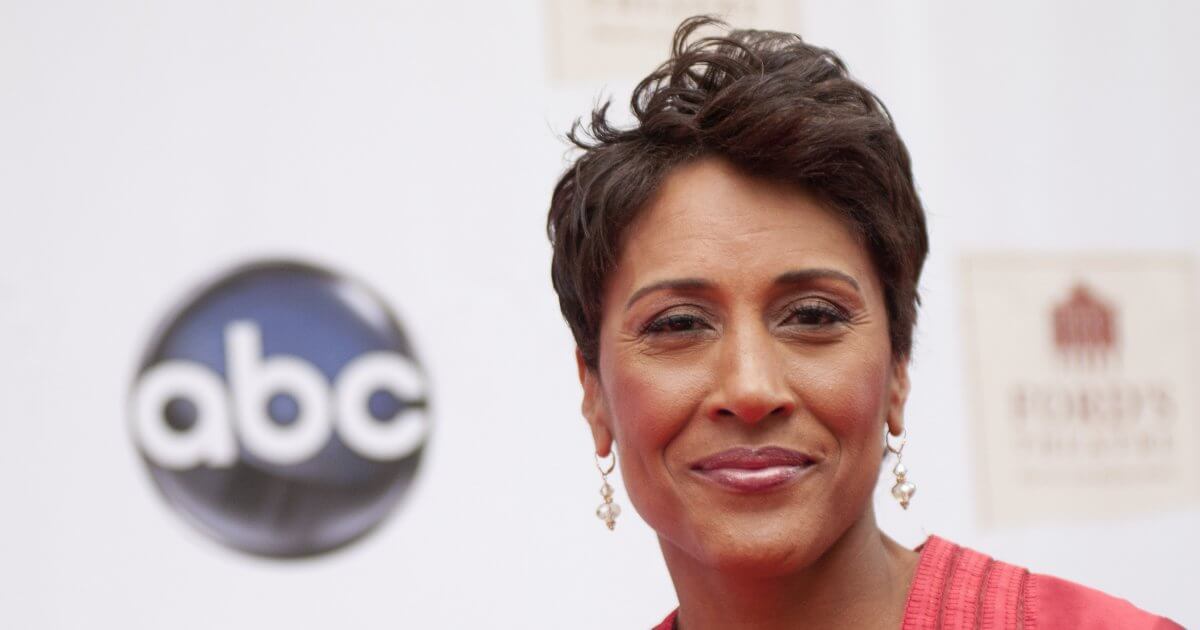How to 'Overcome' During a Difficult Time
- Good Morning America anchor Robin Roberts, 61, is one of TV’s biggest role models. The breast cancer survivor’s constant inspirational messages of hope provide comfort to many, but Roberts needed to step down from her daytime duties this past week to take care of herself and her partner, Amber Laign, 47.
- Amber is now battling breast cancer herself, and Roberts thanked fans for their understanding during a “challenging week” for her longtime love, and discussed the power of overcoming.
- Caregiving is a tough job, and making sure to take time for yourself is even more important so that you have the energy to give to someone else.
The breast cancer survivor’s constant inspirational messages of hope provide comfort to many, but Roberts needed to step down from her daytime duties this past week to take care of herself and her partner, Amber Laign, 47.
Read More“Please, have a blessed day, and be a blessing,” the radiant bestselling author reminded.
View this post on Instagram
“Robin, you were my Angel this weekend,” one fan wrote in a tender message of gratitude for the journalist. “I struggle with driving a car. So I got your book – Brighter By The Day on audible and listened to you while I drove.”
“Your calming voice and words of wisdom got me to cross the bridge, both literally and figuratively,” they continued. “In fact, I was so relaxed that my heart didn't race like it normally does. Thank you and God Bless you for being here.”
Another fan wrote, “Sending Mrs Amber hugs prayers.”
“You are a blessing to all,” a third fan chimed in. “Sending the best vibes and strength to y'all. You got this.”
It’s nice to see support back to someone who is constantly uplifting and giving her energy to others.
From Survivor to Caregiver
Given the impact that Roberts has on her fans, it must be difficult for her at times to balance taking care of herself and her partner, while at the same time knowing her important messages and optimism are needed by her fans. With all of this pressure, taking time for herself is essential, and is a powerful message and reminder in itself that we need to be doing the same.

Even Robin Roberts needs to step away from daily activities and work pressure at times, and so do we to make sure we are achieving balance in our lives, especially during difficult times. Caregiving is hard and even harder when you’re trying to overload your life on the daily.
A Panic Attack While on ABC's 'GMA' Led Anchor Dan Harris to Try Meditation & It Worked
“You can’t take care of anyone else unless you take care of yourself first” may sound cliché, but it’s so true. We need to restore our own energy to be equipped enough to share ourselves withand take care ofothers, whether you’re a survivor, caregiver, or a mother running a household. Taking a break sometimes is a must.
While it is undeniably difficult to be diagnosed with and treated for cancer, twice in Roberts' case, the family members and friends who care for cancer patients also face their own set of challenges.
"Caregiving is the most important job in the universe, because you are there through the highs and lows," Julie Bulger, manager of patient and family-centered care at Vanderbilt-Ingram Cancer Center in Nashville, TN, tells SurvivorNet. "You are there to support your loved one, to manage all of the daily tasks as everything is changing in your life."
Caregiver burnoutthe stress, anger, fatigue, and illness that can come from putting another person's needs ahead of your ownis real. It can sneak up on you if you don't take care of yourself. "It is important to have some things that you can do outside of the focus of caring for somebody that you love with cancer," Bulger says.
She suggests that you take a walk. Get a massage. Visit a support group for cancer caregivers, either online or in person. And see a therapist if you're struggling to cope with all of your new responsibilities. Joining a support group and building your support team is often a very important strategy and can help prevent or reduce the risk of caregiver burnout.
Know that you are doing truly important work, and appreciate yourself for it. "There's so much evidence that outcomes are better when somebody has an incredible caregiver by their side," Bulger says. Research also finds that caregivers who take good care of themselves provide the best quality of care. "So you are helping your loved one in more ways than you know."
Robin & Amber’s Cancer Battles
Robin Roberts has been open in saying that her faith got her through both of her cancer battles, and now she is continuing to lean on her faith as she helps Amber through her own journey, after getting diagnosed late last year. Amber is a bit more private in her life, but Roberts, as a public figure, has felt compelled to continually raise awareness for what she has been through.
Roberts was diagnosed with breast cancer in 2007 after discovering a lump. Ironically, she made this discovery while prepping for a news segment on performing self-checks, which shows just how important they are to perform at home.
"At first I thought, 'This can't be. I am a young, healthy woman,'" Roberts said, which tends to echo through many women's heads following a diagnosis. The journalist's early detection was a critical factor in her survival. She treated her breast cancer with surgery, one of several treatment options for this disease, which can also be treated with radiation, chemotherapy, hormone therapy and immunotherapy.
In addition to battling breast cancer, Roberts had MDS, which stands for myelodysplastic syndromea rare type of blood cancer where abnormal cells form in the body's bone marrow. Roberts had to undergo a bone marrow transplant.
Related: What's the Standard Treatment for MDS (Myelodysplastic Syndrome)?
Chemotherapy for breast cancer could have likely contributed to Roberts' secondary cancer. Although it is rare, it is one of the risks of treatment. MDS caused by cancer treatment is called "secondary MDS" or "treatment-related MDS."
Although risks and complications can happen with treatment, many patients feel that is is highly better than the alternativeand that the benefits outweigh potential side effect and future outcomes. So, while treatment may feel like your ultimate foe while going through it, just keep reminding yourself that there is light at the end of the tunnel, it is most likely only a temporary situation, and never give up hope.
Learn more about SurvivorNet's rigorous medical review process.


